- On-site interpretations are also known as face-to-face or In-person interpretation
Language Solutions Team offers highly qualified, experienced, and credentialed interpreters for in-person interpretation. Having the interpreter face-to-face with the Deaf or hard-of-hearing client, provides the most accurate interpretation due to being able to see facial expressions and hand signals clearer. On-site interpreting is also needed for Tactile interpreting as this involves touch, for those clients with low vision. On-site Interpretation is particularly useful for meetings, training and to interact with others.
It is perhaps the most common type of interpretation, and particularly useful when a meeting takes place, for business trips and to interact with associates from other countries.
- Video remote interpreting (VRI) is also part of the Remote Interpreting Services.
Language Solutions Team offers the same highly qualified and experienced interpreters remotely around the clock. VRI is easy to set up, easy to use, economical, consistent, and cost-effective. A high-speed, stable internet connection is necessary to ensure better quality, clarity and avoid gaps. VRI is usually recommended for short incidental events, and in emergency situations where in-person interpreters are unfeasible. However, it is becoming increasingly more common and with better results due to advancements in technology.



